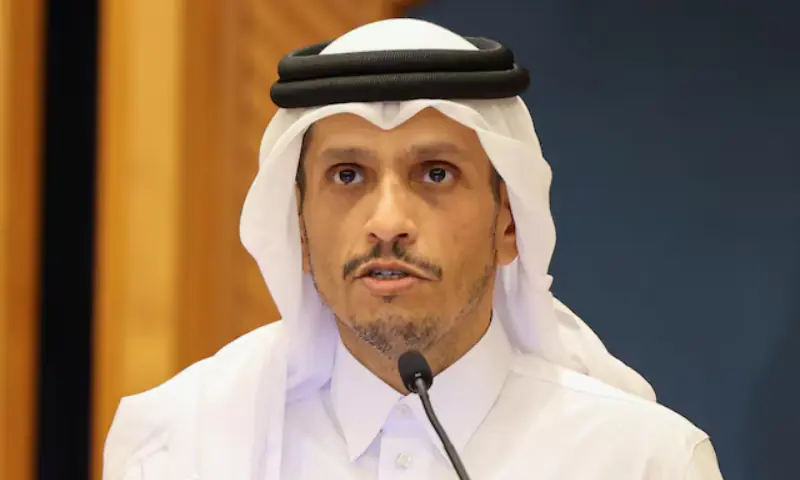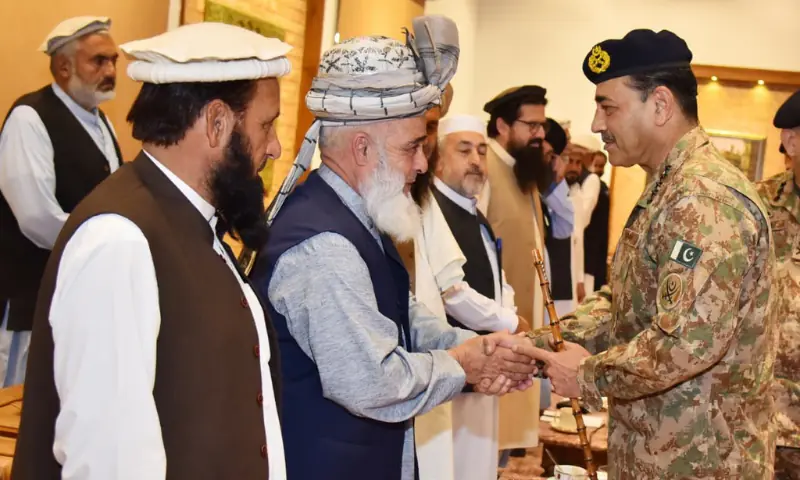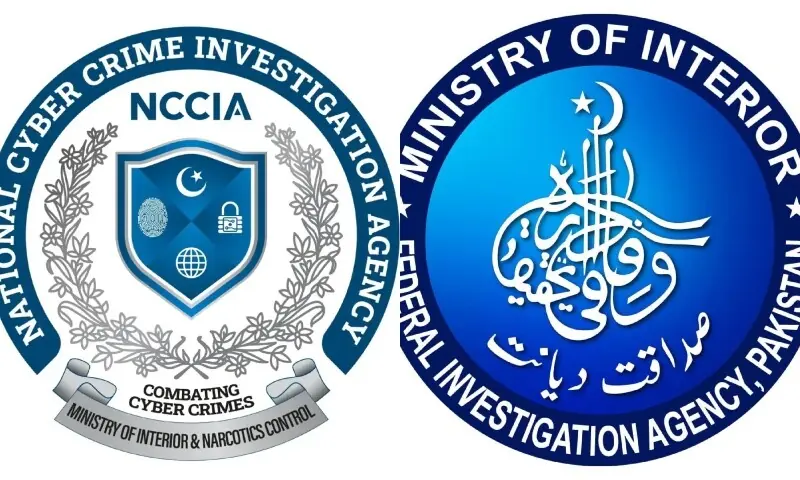Indian state-backed refiner HPCL-Mittal Energy has halted purchases of Russian crude after US President Donald Trump imposed sanctions on Moscow’s two largest oil companies, the firm said.
Relations between Washington and New Delhi plummeted in August after Trump raised tariffs to 50 percent, and U.S. officials accused India of fueling Russia’s war in Ukraine by buying discounted oil from Moscow.
Trump has claimed that Indian Prime Minister Narendra Modi agreed to reduce his imports of Russian oil as part of a potential trade deal with the United States, something New Delhi has not confirmed.
HPCL-Mittal Energy Limited (HMEL), a joint venture between steel magnate Lakshmi Niwas Mittal and state-run Hindustan Petroleum Corporation Ltd (HPCL), said it had “taken a decision to suspend further purchases of Russian crude oil”.
The statement, issued on Wednesday, said the decision last week came after “recent announcements of new restrictions on imports of crude oil from Russia” by the United States, the European Union (EU) and the United Kingdom.
“HMEL’s business activity is in line with [the] Indian government and energy security policy,” the statement added.
Privately held Reliance Industries, India’s biggest buyer of Russian crude, said last week it was assessing the implications of Washington’s restrictions, as well as those imposed this week by the EU.
“We will comply with the EU guidelines on importing refined products into Europe,” a company spokesperson said, and with the guidelines from the Indian side.
The new EU restrictions include a complete ban on Russian imports of liquefied natural gas (LNG) by the end of 2026.
Reliance said it was confident that its “diversified and proven crude oil sourcing strategy” would ensure stability in refinery operations to meet domestic and export requirements, including to Europe.
On Wednesday, an investigation by the London Department Financial times reported that HMEL had received several shipments of Russian crude oil transported via vessels that were later blacklisted under US and EU sanctions.
HMEL said it did not charter the vessels and had limited visibility into the transport chain. He said the ship that delivered the crude to India was “not under” US sanctions at the time of delivery.
India, one of the world’s largest crude oil importers, depends on foreign suppliers for more than 85 percent of its oil needs.
New Delhi, traditionally dependent on Middle Eastern producers, began buying heavily discounted Russian crude in 2022, taking advantage of Western sanctions that limited Moscow’s export options.








